DON’T TOUCH MY BOTTOM. SAUCY SEASIDE HEAD IN HOLE BOARDS DELIGHT TOURISTS AND DELEGATES AT UNOC 2025
11.06.2025
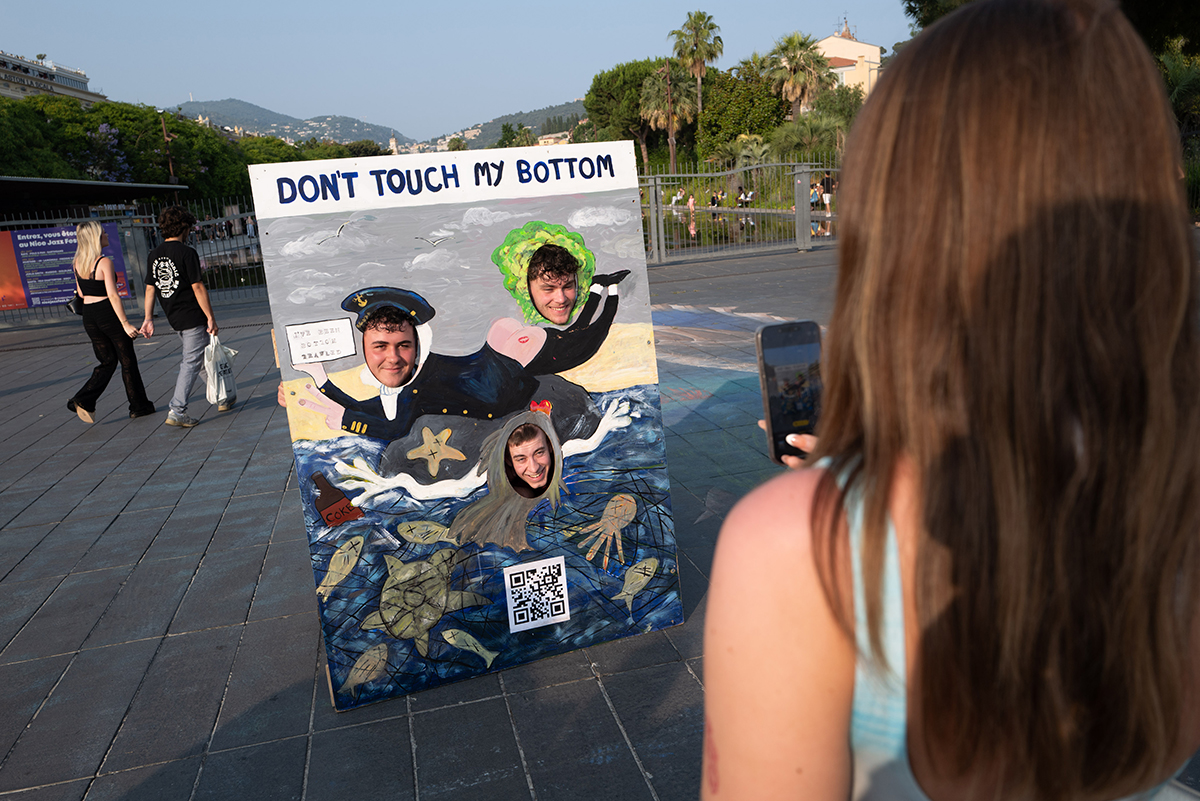
Outside the UN Ocean Conference (UNOC) at Nice, France, Ocean Rebellion unveiled two ‘head-in-hole’ seaside boards for delegates and visitors to take and share their photos. ‘DON’T TOUCH MY BOTTOM’ warns one, highlighting the disastrous EU policy which allows bottom trawling in Marine Protected Areas (and anywhere). ‘ANOTHER OCEAN IS POSSIBLE’ proclaims the second, to help UN delegates find a path to save the Ocean on which all our lives depend.
Coastal Member States have designated Marine Protected Areas (MPAs) to protect crucial habitats such as reefs and sandbanks and iconic species including the bottlenose dolphin, harbour porpoise and grey and common seals—only for industrial fishing fleets to barge in dragging massive bottom-trawling nets through such ‘protected’ seabeds.
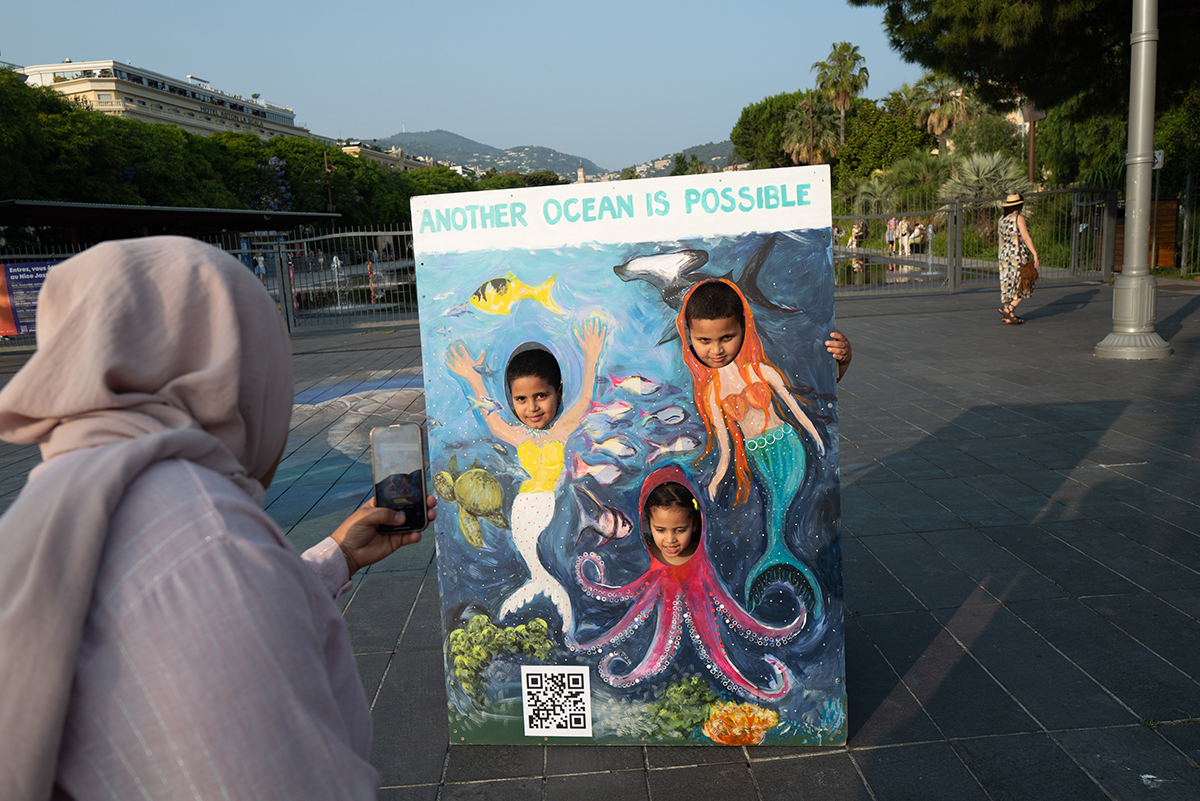
⬆️ The two boards displayed the state of the Ocean today and what it can be in the future. Everyone’s favourite advertising liar Captain Iglo (Birds Eye) has blown his trousers off with yet more pollution (as if the trawling nets in his supply chains aren’t polluting enough!) and in the other we have an Ocean untroubled by industry. Photo by João Daniel Pereira.
The fate of the Ocean depends on us all.
Our interventions depend on your support.
Did you know?
EU leaders have been showing a staggering lack of ambition over Ocean Protection, pushing instead for Ocean Destruction. As a first step to putting things right, Ocean Rebellion demands that EU leaders (including Heads of State and Government of the Member States, Members of the European Parliament, and the competent European Commissioners) stop all fisheries from using bottom trawling as fishing gear and protect all Marine Protected Areas (MPAs) from all methods of industrial fishing.
The name ‘Marine Protected Areas’ sounds like the area is protected, right? But this often isn’t true. Bottom trawling is still happening in 90% of offshore EU MPAs. This recent study lists Denmark, Germany, Ireland, the Netherlands, Portugal, Spain, and Sweden. Between them these countries have spent the equivalent of 4.4 million hours bottom trawling MPAs between 2015 and 2023. That’s a lot of fish, discards and seabed destroyed in ‘’protected areas’.
France is also doing its best to thwart the UK’s ambitions to save life in its territorial waters by arguing over fishing rights and making them a central part of UK / EU negotiations. It’s ironic that a state that left the EU is the only one enacting EU fisheries protection.
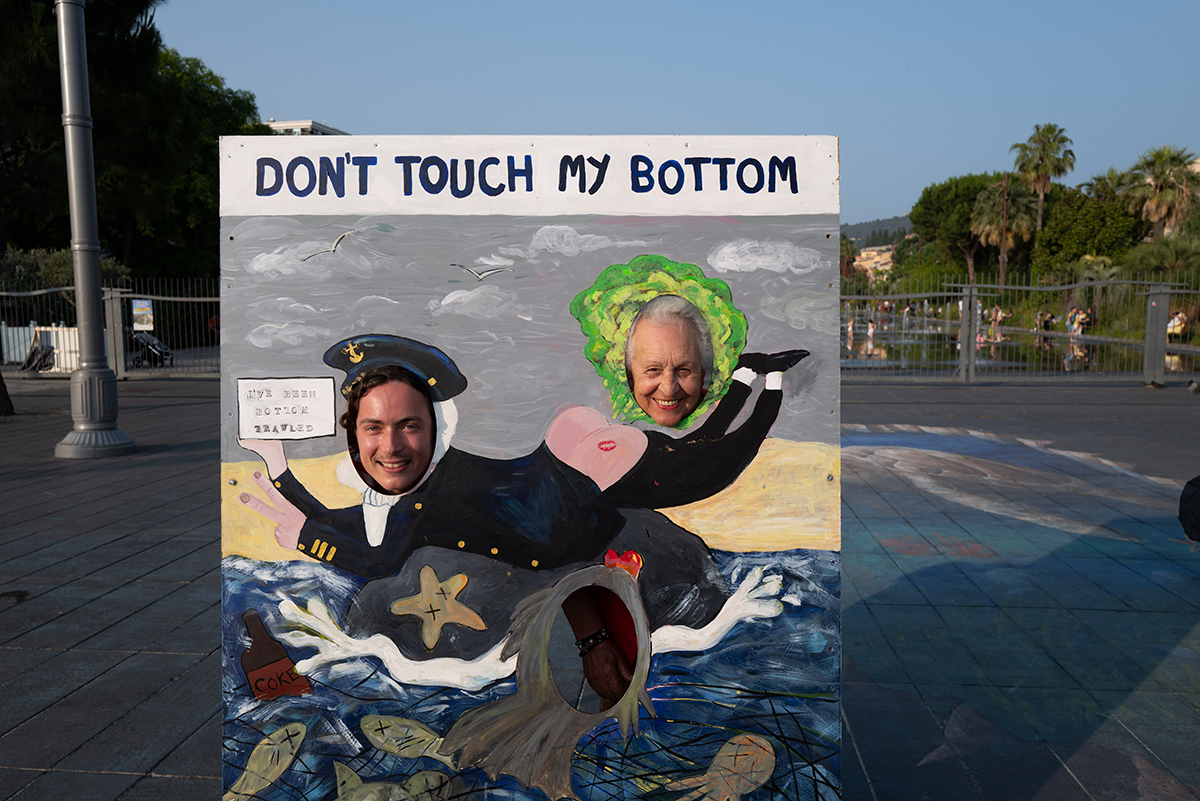
⬆️ Captain Iglo (Birds Eye) farts out another face. Photo by João Daniel Pereira.
—
CO2 stored in the oceans is known as Blue Carbon. This is carbon stored in seabed sediments, marine habitats and the fish caught there. When the seabed is damaged by bottom trawling, this blue carbon is released, switching the seabed from a carbon sink to a source of CO2 and of methane (CH4), a much more potent greenhouse gas, thus helping to fry not just fish but our planet. Blue Carbon is also stored in marine animals, so fish taken out of the sea also add to Blue Carbon release. If this figure were included in carbon footprint calculations, it’s likely that the actual footprint of some bottom trawled seafood would be even higher than ANY other food, including beef. All this contributes to ocean acidification which is threatening to eradicate marine life especially anything with a skeleton or a shell in the relatively near-term (GOES Foundation says 20 years at current rates). Countless marine species now face extinction.
Industrial fishing vessels release 159 million tonnes of CO2 each year. This is equivalent to the annual amount of CO2 emitted by 40 coal-fired power plants.This figure has risen four-fold since 1950 estimates. Industrial fisheries benefit from government fuel subsidies worth an estimated US$7.7 billion a year. Fossil fuel subsidies for bottom trawling should be redirected to support a transition to low-emission and low-impact fishing.
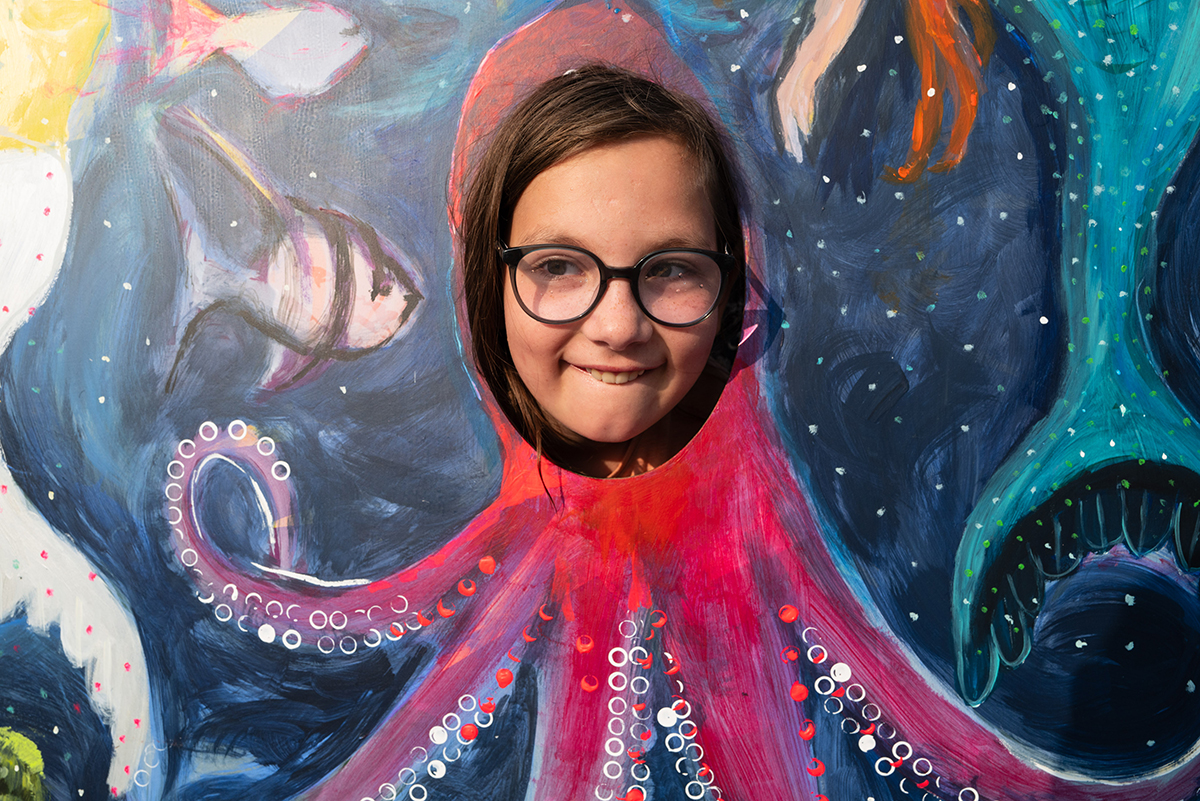
⬆️ Another Ocean is Possible but we need to stop extracting so much from the Ocean to make it possible. Photo by João Daniel Pereira.
—
Ocean Rebellion says: “Imagine how much damage a net as big as ten jumbo jets causes as it drags across the seabed. It catches everything in its path, destroys marine life, and releases the ‘blue’ carbon stored there. Bottom trawling emits more greenhouse gases than aviation. That’s a lot of gases.”
Ocean Rebellion adds: “Often nets break, and when they do the net is cut free to float across the Ocean killing anything that gets tangled. And, when they break, the boat is ready with another to cast into the ocean to continue the death toll.”
a bottom trawling net is as big as ten jumbo jets
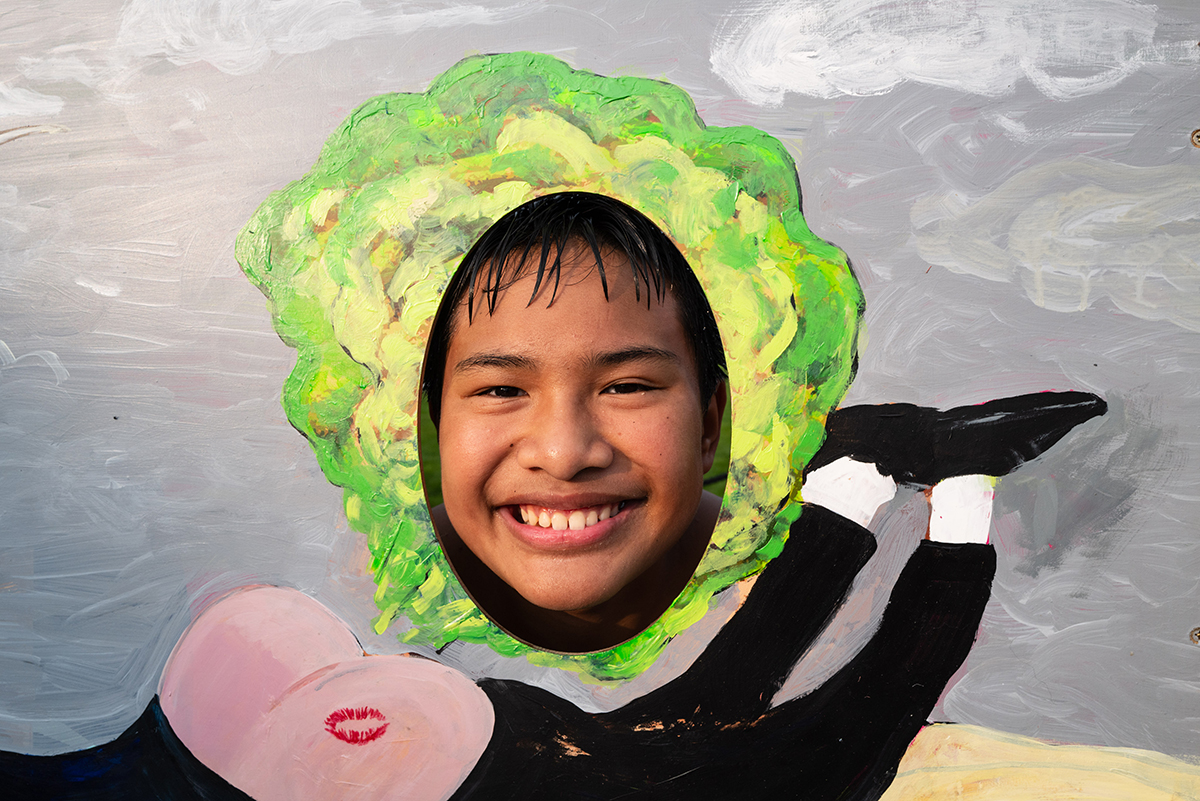
⬆️ If we keep on exploiting the Ocean like an infinite resource our children will be left with a stinking mess. Photo by João Daniel Pereira.
—
Imagine how wonderful our seas would be if they were teaming with life. Imagine if, when you stepped into the Ocean, you didn’t have to worry about water quality, or watch a plastic bottle bob past.
What if the whole Ocean was a real MPA? Instead of exploiting it we can work with it, nurturing it and harvesting it with care and attention. Guess what, all this is possible! The EU is the world’s largest marine territory, with half its population living within 50 miles of a coastline. It’s time EU leaders stopped listening to industry and started representing its citizens, making them the custodians of its coastal waters, and funding this by redirecting existing subsidies to make it possible.
Ocean Rebellion demands:
It’s time for zero nets and an end to bottom trawling. The EU, led by France, can start by really protecting Marine Protected Areas and banning bottom trawling across the EU fishing fleet. By sending out a clear commitment to the Ocean the EU will lead the world by turning the tide against marine biodiversity loss. By saying no to the global fishing industry and yes to its own citizens, the EU can restore wonder and pride in its seas. Which, with the right subsidies and policies, will help coastal communities become custodians of their local seas and care for the Ocean.
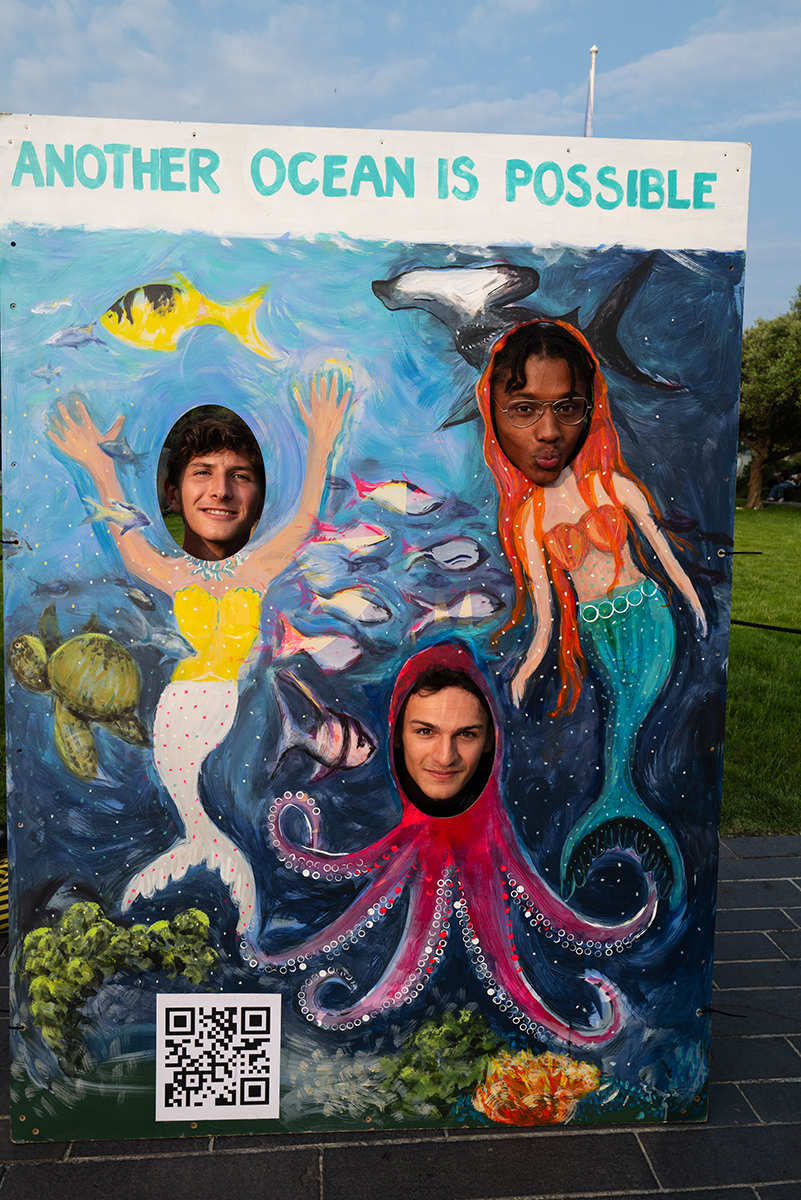
⬆️ It’s up to you President Macron, World Leaders, UN. What do you want your legacy to be? A thriving Ocean or a stinking mess? Stop exploiting and start protecting the Ocean. Photo by João Daniel Pereira.
—